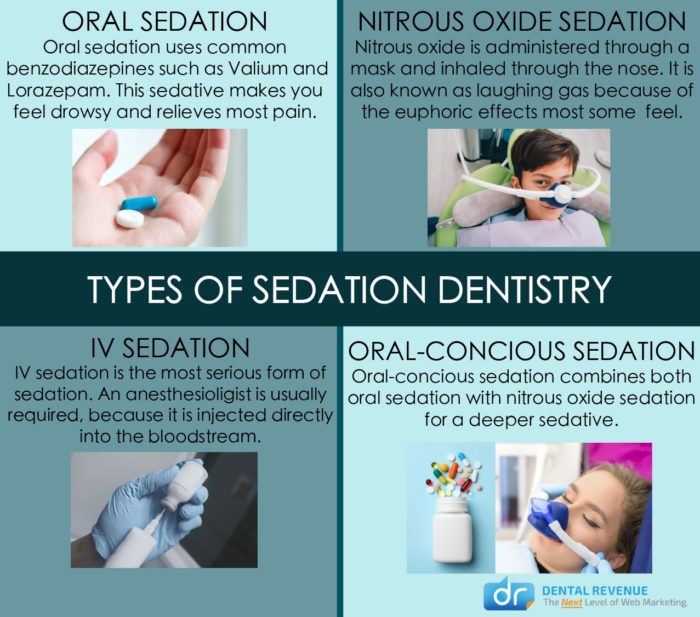Our dentists are trained and experienced in the use of sedation dentistry, including oral conscious sedation.
Dental sedation has helped many anxious and fearful patients restore their oral health and achieve the smile they desire.
Oral conscious sedation is a safe and effective way to provide relief for patients suffering from dental anxiety or fear of the dentist.
The effects of the medication, when taken prior to the appointment, provide a sense of calm and relief.
Patients who undergo treatment under oral sedation dentistry typically report feeling relaxed and often have no memory of their procedure afterward.
Oral conscious sedation allows the patient to remain alert and responsive although “consciously” not aware of their procedure.



Benefits of Sedation Dentistry
- No needles
- Prescription medication taken before your visit
- More affordable, compared to IV sedation
- Allows the dentist to perform more dental work in fewer visits
How Does Oral Sedation Dentistry Work?
Oral conscious sedation provides “light sedation”. The intent of this type of sedation dentistry is to ease feelings of anxiety. The medication for sedation dentistry is generally prescribed prior to the appointment and taken shortly before the scheduled dental visit.
Patients who have taken oral sedation need a responsible adult escort to and from their appointment.
As the medication metabolizes in the body and enters the bloodstream, the patient will enter a relaxed and dream-like state.
Patients remain conscious and able to breathe on their own. Some patients will fall asleep, most patients have some degree of amnesia.
This type of sedation will take several hours to wear off, and we recommend that you not drive or operate machinery until the next day.
Before recommending sedation, we will discuss your medical history and any other medications to minimize any risk and/or unwanted side effects.
As with all dental procedures in our office, we want to ensure the safety of our patients.



Sedation Dentistry FAQs
How will I feel after dental sedation?
After dental sedation, patients typically feel slightly drowsy for up to 24 hours post-sedation. Patients should feel no pain while sedated, so expect a dental procedure that is comfortable and pain-free.
Can I drink water before conscious sedation?
Patients should refrain from drinking water 2 hours before their dental procedure. Patients should not drink or eat anything other than water for at least 6 hours pre-sedation. Your stomach should be empty to prevent nausea and other complications.
Are you asleep during conscious sedation?
Patients are not fully asleep during conscious sedation; however, they will be in a euphoric dream-like state and, in most cases, are unable to speak. Some patients may fall asleep during conscious sedation; however, this type of sedation should not knock you out.
